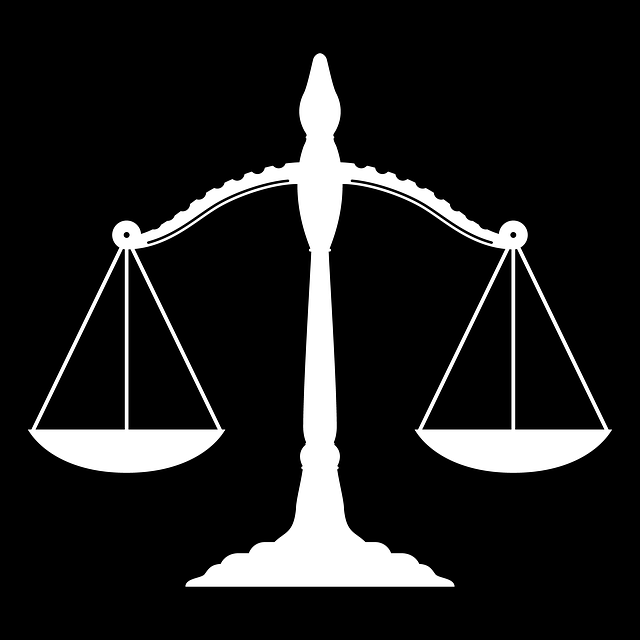Expertise in criminal defense is vital for healthcare compliance, ensuring organizations navigate legal complexities while upholding ethical standards and Constitutional Protections in Criminal Defense. Skilled professionals safeguard patient rights, foster trust, and protect privacy through knowledge of constitutional rights, leading to a fair healthcare system and mitigating liabilities. Compliance experts guide organizations through legal procedures, balancing patient welfare and legal considerations, especially in high-stakes cases, thereby maintaining the integrity of the healthcare system.
In the intricate landscape of healthcare, compliance experts play a vital role in navigating legal complexities. This article delves into the multifaceted roles these professionals fulfill, focusing on key areas such as criminal defense strategies under Constitutional protections, patient privacy data protection, and ethical dilemmas. By exploring these topics, we highlight how healthcare compliance experts ensure adherence to constitutional rights while fostering a secure and ethical environment for patients.
- Navigating Legal Complexities: Expertise in Criminal Defense
- Constitutional Rights: A Cornerstone for Healthcare Compliance
- Understanding Patient Privacy: Data Protection Strategies
- Ethical Dilemmas in Healthcare: Solutions from Compliance Experts
Navigating Legal Complexities: Expertise in Criminal Defense
Navigating Legal Complexities: Expertise in Criminal Defense is a critical aspect of healthcare compliance. In today’s intricate legal landscape, healthcare organizations must ensure their actions align with a myriad of regulations and Constitutional Protections in Criminal Defense. This expertise becomes paramount when dealing with high-stakes cases involving both corporate and individual clients. The ability to craft winning challenging defense verdicts necessitates a deep understanding of not only the law but also the unique circumstances surrounding each case.
Skilled compliance experts armed with knowledge in criminal defense play a pivotal role in protecting the interests of their clients. They guide organizations through labyrinthine legal procedures, ensuring adherence to ethical standards and constitutional rights. This strategic approach not only safeguards against potential liabilities but also enhances the organization’s reputation by demonstrating its commitment to fairness and justice, even in the face of adversity.
Constitutional Rights: A Cornerstone for Healthcare Compliance
In the realm of healthcare compliance, understanding Constitutional Rights is a cornerstone for professionals navigating complex legal landscapes. These rights, enshrined in the U.S. Constitution and protected by the Bill of Rights, serve as a crucial framework to ensure fair treatment for patients and healthcare providers alike. Just as Constitutional Protections in Criminal Defense safeguard individuals from arbitrary government intervention, the same principles apply to healthcare settings, protecting patient privacy, consent, and due process.
Across the country, these rights are vital in maintaining trust between healthcare institutions and their communities. For instance, the right to privacy prevents unauthorized disclosure of sensitive medical information, fostering a culture of transparency and accountability. Similarly, the right to jury trials ensures patients and healthcare providers can seek resolution through impartial adjudication if disputes arise. This comprehensive approach not only guarantees compliance but also fosters a fair and equitable healthcare system, enabling complete dismissal of all charges under specific circumstances.
Understanding Patient Privacy: Data Protection Strategies
Patient privacy is a cornerstone of healthcare compliance, and it’s no secret that data protection strategies are more crucial than ever in today’s digital age. Healthcare professionals must be vigilant about safeguarding sensitive patient information, which includes medical records, personal details, and any other data that could potentially identify individuals. This responsibility stems from both Constitutional Protections in Criminal Defense and broader legal frameworks designed to protect citizens’ privacy.
Across the country, healthcare organizations are employing innovative strategies to ensure compliance. From implementing robust cybersecurity measures to adhering to strict data minimization principles, these efforts aim to prevent unauthorized access and potential breaches. Moreover, philanthropic and political communities play a significant role in shaping data protection laws, reflecting society’s evolving understanding of privacy rights. Through winning challenging defense verdicts, legal experts are also contributing to the development of clear guidelines, ensuring healthcare institutions maintain the highest standards of patient confidentiality.
Ethical Dilemmas in Healthcare: Solutions from Compliance Experts
Healthcare compliance experts play a pivotal role in navigating the complex ethical landscape of medicine. One of the most pressing issues they address is balancing patient welfare with legal and constitutional protections, especially in high-stakes cases. Medical professionals often face dilemmas that can have significant implications for both patients and practitioners, such as when confidential information needs to be shared for effective treatment but doing so might put a patient at risk or violate privacy laws.
These experts provide solutions by ensuring healthcare organizations adhere to strict ethical guidelines and regulatory standards. They assist in developing policies that safeguard patient rights while enabling medical professionals to make informed decisions during jury trials and other legal proceedings. By fostering a culture of compliance, they help avoid indictment and promote ethical practices, ultimately enhancing the integrity of the healthcare system as a whole, particularly when dealing with sensitive matters that have public health implications.
Healthcare compliance experts play a vital role in navigating the intricate web of legal complexities, constitutional protections in criminal defense, and patient privacy. By leveraging their expertise in data protection strategies and ethical dilemmas, these professionals ensure that healthcare institutions uphold both legal and moral standards. In today’s digital age, where information is power, their guidance is indispensable for fostering trust and ensuring a secure healthcare landscape.






